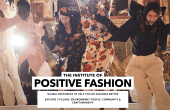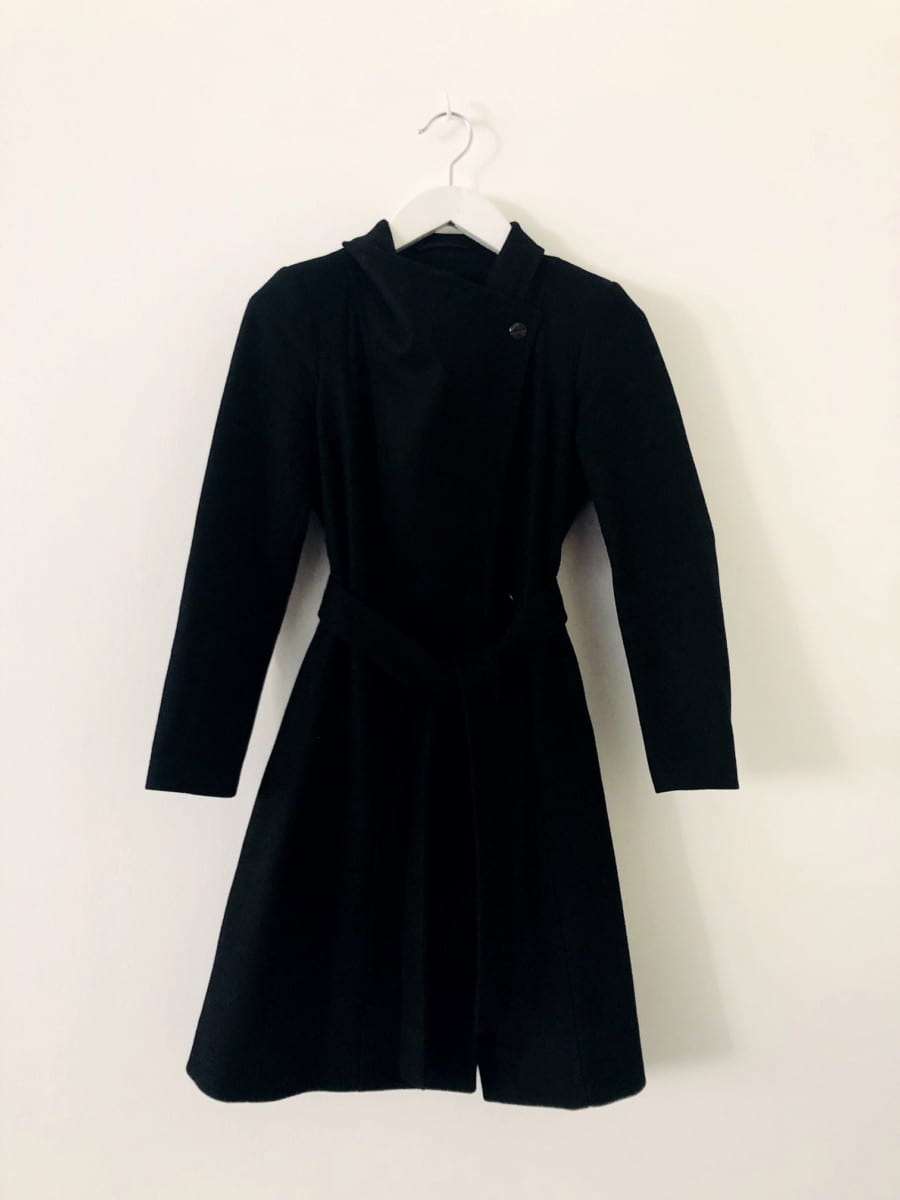Djurdja Bartlett, an expert on Soviet fashion and Senior Research Fellow at London College of Fashion, has written how ‘following the 1917 Bolshevik revolution, one of Lenin’s closest collaborators, Alexandra Kollontai, was shunned by her comrades because of her good looks, her smart dresses and her sexually liberated views.’ Bartlett continues on to remark, ‘This made me wonder, once again, why the Left historically has had such a hostile relationship to fashion?’ It is a question I often consider myself, particularly since we still wrestle with the legacy of such prejudices, which are not just the preserve of the Left. For most people, to be politically engaged means not showing an overt interest in fashion.

Alexandra Kollontai
I myself am a feminist and a fashion enthusiast. For some, this statement just can’t be true for being a feminist means avoiding all things feminine and fashionable in order to demonstrate a commitment to the cause. Their logic seems to be that Fashion is frivolous and fun, and that feminism is neither. But I see no contradiction. Politics, intellectual engagement and fashion are not mutually exclusive, whatever side of the political spectrum you fall on.
As head of what is essentially a female college – 85% of the students at London College of Fashion are female – feminism is very important to me. I have written much on this particularly in my book, ‘Why Fashion Matters’. Strong, confident, well educated women are important in all aspects of our lives and it is an issue not just for our female students but for our male students too. All aspects of society can benefit from feminism. I would therefore urge all students to get behind the feminist issue.
The women who have helped inspire my ideas and thoughts about feminism throughout my career include the artist, Frida Kahlo; Doris Lessing – author of Golden Notebook, a seminal examination of the budding sexual and women’s liberation movements in the first part of the 20th Century; Julia Kristeva, a philosopher, literary critic, psychoanalyst, sociologist and feminist; and Nina Simone, who was not only a singer and musician but a civil rights activist. In terms of the fashion industry Mucca Prada and Rei Kawabuko have done much to strengthen the role of women in what can be a male dominated industry.




